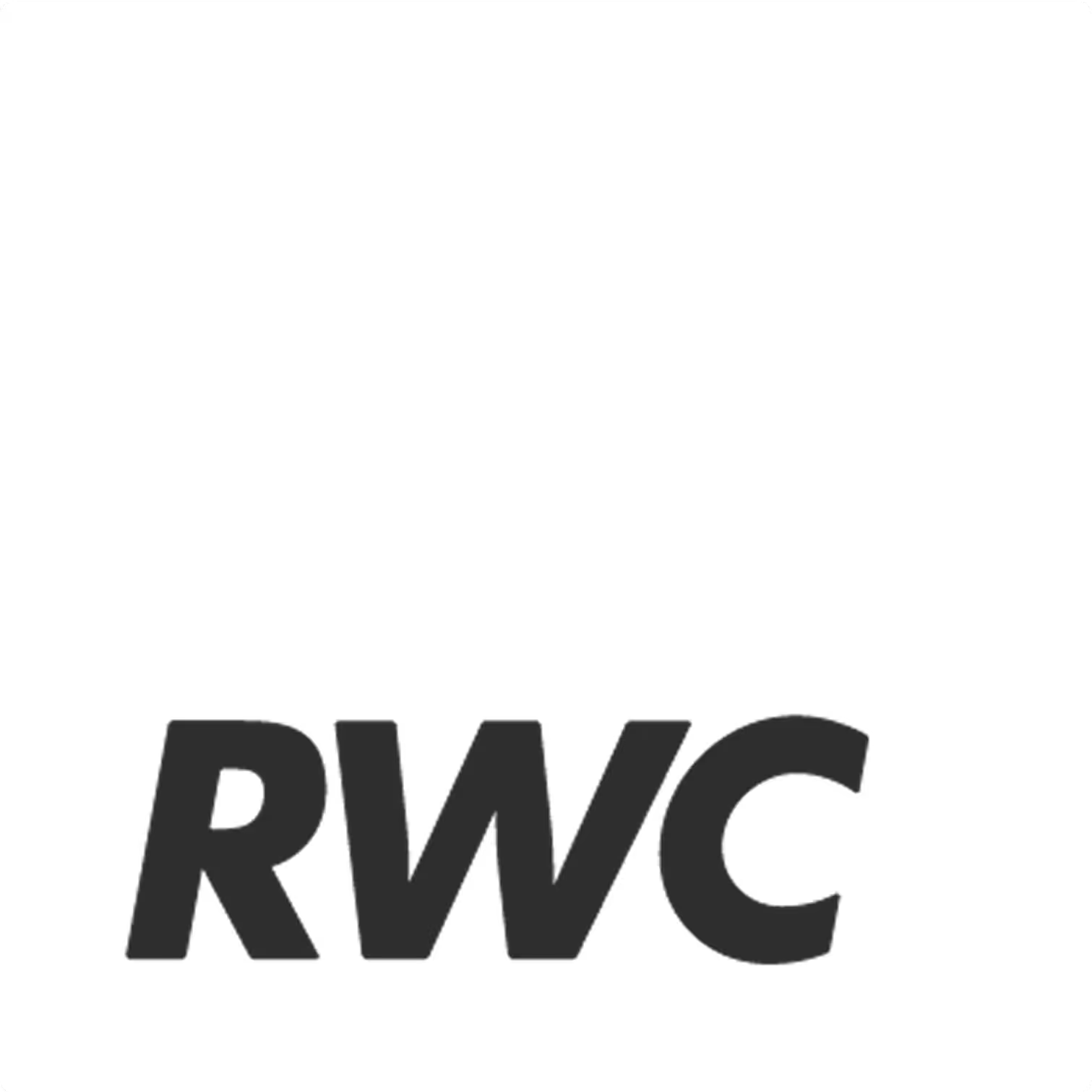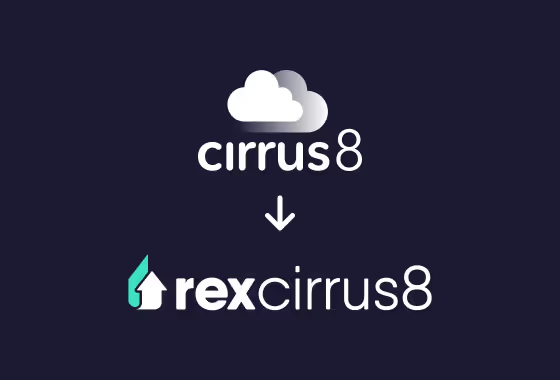How much can payments be automated in commercial property management?

Payments from commercial property management portfolios fall into two main categories: supplier payments and owner payments or remittances.
Normally supplier payments occur first and if there are excess funds left over, owners are paid. Quite frequently, however, owners insist on receiving regular monthly amounts consisting of rental income or a fixed amount to cover their mortgage repayments, leaving the balance of funds in the Agent’s trust account to pay operating expenses or outgoings.

Commercial property managers are ultimately responsible for managing the cashflows in a property and being answerable to the Owner. As such there are various decisions they need to make during a payment run. Some of these decisions include:
- Has the owner requested to receive a fixed amount, rent only, or can the balance of funds held in trust be paid out?
- If funds are received from a tenant but cannot be clearly identified (sometimes referred to as unallocated) can those funds be used to make payments?
- Should funds be held back to cover management fees?
- Are there any upcoming invoices due in future months that funds need to be held back for?
- Which suppliers' payments should be prioritised if there are insufficient funds to pay them all?
- Have tenants paid any invoices which are directly recovered from them?
- Should net GST received be paid out to the owner?
- Should a buffer or minimum balance of funds be retained in the trust account?
- Have any tenants paid in advance for a future month, in which case, can these funds be released to the owner or only paid out in the following month to 'smooth' owner remittances?
As you can see there are a number of considerations or decisions to be made, some of which require experience to make correctly. It is possible, however, for good commercial property management software to be configured to make the decisions on behalf of a Property Manager.
This has the potential to save a tremendous amount of time, reducing a time-consuming, mentally taxing task into a quick, automated procedure. When you consider how often payment runs are done, this increased efficiency is seriously worth considering.
It is important, though, for Property Managers to understand the process and the machine logic that will be automatically applied and for Property Managers to retain ultimate responsibility and control for payments made and be answerable to Owners.
Beware of some software packages that automate the process but offer no transparency in what is being paid. Like a “black box”, giving Property Managers zero control and placing them in a difficult position when trying to explain to Owners.
In summary, before changing procedures or embarking on further automation, understand that the trade-off required in obtaining more efficiency is often in relinquishing some control.
The various advantages of Rex Cirrus8 in regard to payments include:
- It allows for both automated and non-automated approaches to be adopted
- It has a feature called "bank partitioning" which facilitates paying the rent only
- It facilitates the owner contributing to outgoings for vacant units
Don’t miss these related posts

Positioning your commercial property management business for sale
For decades the size and profitability of a Commercial Real Estate Firm property management business has been at the core of the overall agency value. Many partners and directors of these companies see their commercial rent roll as forming part of their retirement plan or superannuation, should they ever decide to sell completely or sell their shares internally to the next generation of property professionals.
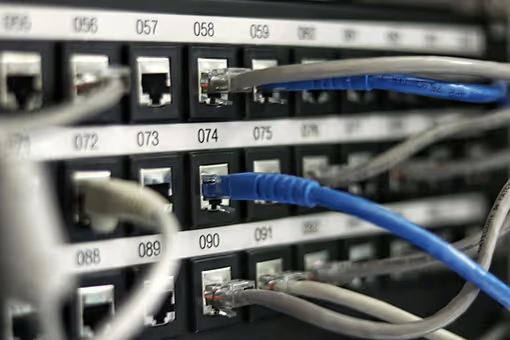
How secure is my data in the cloud?
With the whole world moving “online” it seems, maintaining data on your own internal computer servers is fast becoming yesterday’s solution. SaaS (Software as a Service) is the way that most businesses are now moving. This is where the software provider also “hosts” your data, in addition to providing the base code and processing power that drives the software solution. As the threat of sophisticated cyber-attacks grows, knowing that your data security is taken care of by a trusted partner, means you can focus your time and resources on your core business.
We’re driving technology for Commercial Property Management
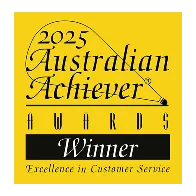
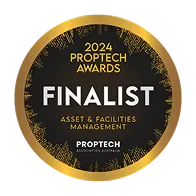
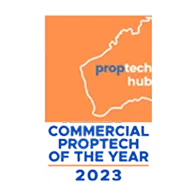
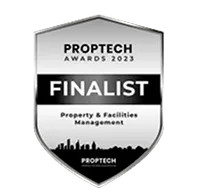


Start winning more listings and power your business with RexCirrus8



